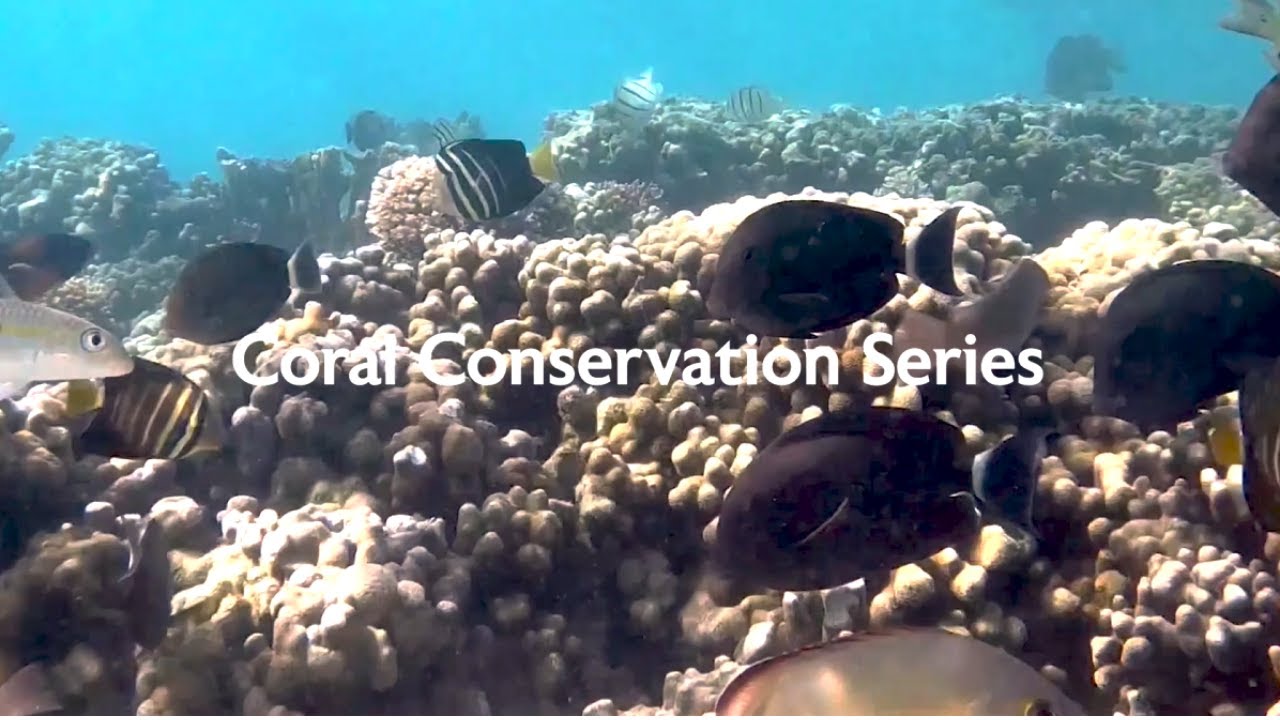- Understanding the Importance of Coral Conservation
- The Role of the Coral Conservation Series in Public Education
- Challenges and Solutions in Coral Conservation Efforts
- The Impact of Human Activities on Coral Reefs
- Future Directions and Technologies in Coral Conservation
Coral reefs, often referred to as the rainforests of the sea, are vital to marine ecosystems. They offer shelter to a quarter of all marine species, support fisheries, and protect coastlines from erosion. However, these vibrant ecosystems face numerous threats due to human impact and environmental changes. Coral conservation efforts are crucial to maintaining these underwater treasures and ensuring the long-term health of the ocean and its inhabitants. Understanding coral conservation’s significance highlights the importance of collective action to protect and preserve these vital ecosystems.
The Coral Conservation Series is designed to increase public awareness and education regarding the critical importance of coral reefs. Through educational videos and resources, the series demonstrates how individuals and communities can contribute to coral conservation efforts. By providing a comprehensive overview of coral ecosystems and their challenges, the series aims to inspire active participation in conservation initiatives, fostering a sense of responsibility among its audiences.
Coral reefs around the world are threatened by various factors. Climate change causes ocean temperatures to rise, leading to coral bleaching and eventual death. Pollution, overfishing, and coastal development also pose significant challenges to reef survival. These challenges require innovative solutions, such as coral farming and the establishment of marine protected areas, to reduce human impact and support reef resilience. By addressing these issues, conservationists can develop strategies to protect and restore these essential habitats.
Human activities significantly impact coral reefs, often exacerbating the delicate balance of these ecosystems. Overfishing reduces biodiversity and disrupts the natural food chain. Pollution adds harmful contaminants, degrading water quality and leading to the growth of harmful algae that smother corals. Coastal development increases sedimentation, blocking sunlight essential for coral growth. Understanding these impacts is key to developing effective conservation strategies that mitigate damage and promote ecosystem recovery.
New technologies and conservation approaches hold promise for the future of coral conservation. Advances in genetic research allow for the development of resilient coral strains capable of withstanding environmental stresses. Remote sensing and satellite technology provide crucial data for monitoring reef health and identifying areas in need of protection. Community-based initiatives such as citizen science projects engage local populations in conservation efforts, fostering a collective approach to reef protection. These innovations, combined with traditional knowledge, pave the way for a sustainable future for coral ecosystems.
In summary, coral conservation is crucial for the survival of marine biodiversity and the health of our oceans. The Coral Conservation Series plays a significant role in educating the public and fostering a connection between humans and these vital ecosystems. By understanding the challenges facing coral reefs and the potential solutions, we can collectively work towards a future where coral reefs thrive, benefiting not only marine life but also humanity as a whole. Through continued innovations and collective action, we can hope to preserve these underwater gems for future generations.
*****
Source Description
Dive into the coral reef systems of Coconut Island, Hawaii and learn how a local scientist is making an impact on the way we learn how corals grow in varying conditions.


